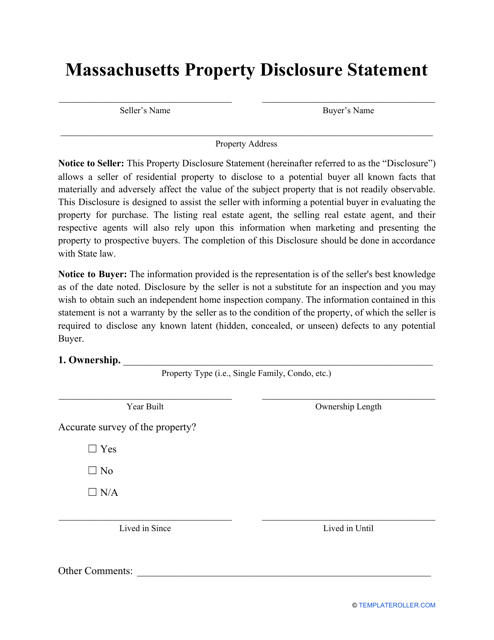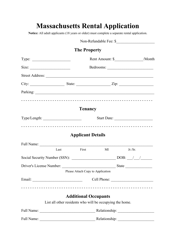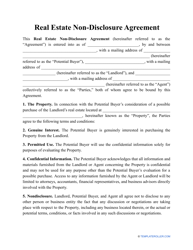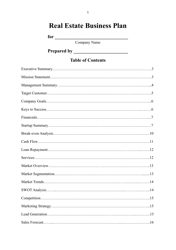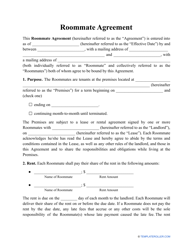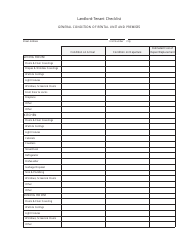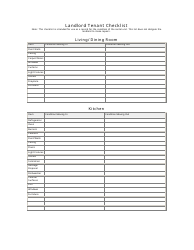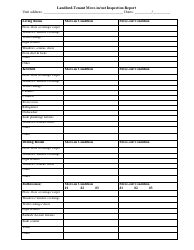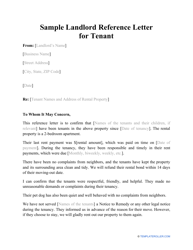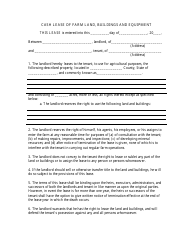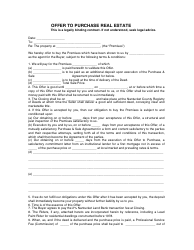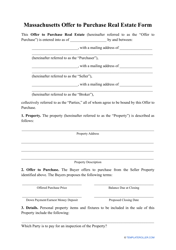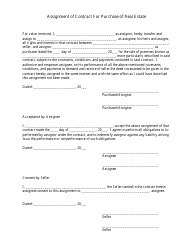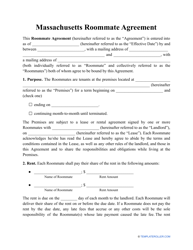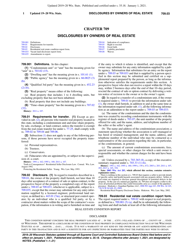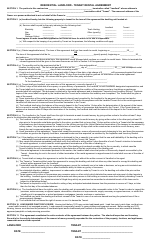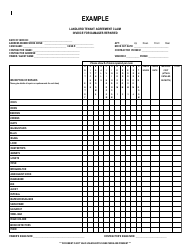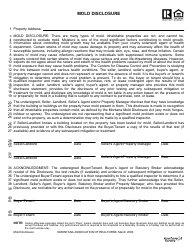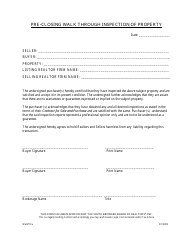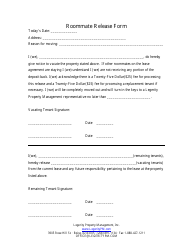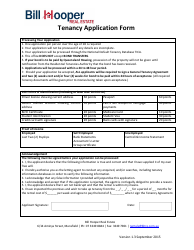Property Disclosure Statement Form - Massachusetts
The Property Disclosure Statement Form in Massachusetts is used to disclose any known defects or issues with a property being sold. It is important for potential buyers to be aware of these issues before making a purchase decision.
In Massachusetts, both the seller and the listing agent are responsible for filing the Property Disclosure Statement form.
FAQ
Q: What is a Property Disclosure Statement?
A: A Property Disclosure Statement is a form used in Massachusetts to disclose important information about the condition of a property being sold.
Q: Is a Property Disclosure Statement required in Massachusetts?
A: Yes, a Property Disclosure Statement is required by law in Massachusetts for most residential property sales.
Q: What information is included in a Property Disclosure Statement?
A: A Property Disclosure Statement typically includes information about the property's structural condition, presence of hazardous materials, and known issues or defects.
Q: Who fills out the Property Disclosure Statement?
A: The property seller is responsible for filling out the Property Disclosure Statement.
Q: Do sellers have to disclose everything about the property?
A: Sellers are required to disclose all known material defects and hazards, but they are not required to provide a comprehensive inspection or uncover hidden issues.
Q: Can a buyer waive their right to receive a Property Disclosure Statement?
A: Yes, a buyer can waive their right to receive a Property Disclosure Statement, but it is generally recommended that buyers review the form to make an informed decision.
Q: What happens if a seller fails to provide a Property Disclosure Statement?
A: If a seller fails to provide a Property Disclosure Statement as required by law, the buyer may have legal recourse and the sale could be affected.
Q: Can a buyer request additional inspections or investigations beyond the Property Disclosure Statement?
A: Yes, a buyer can request additional inspections or investigations beyond the information provided in the Property Disclosure Statement to further assess the property's condition.
